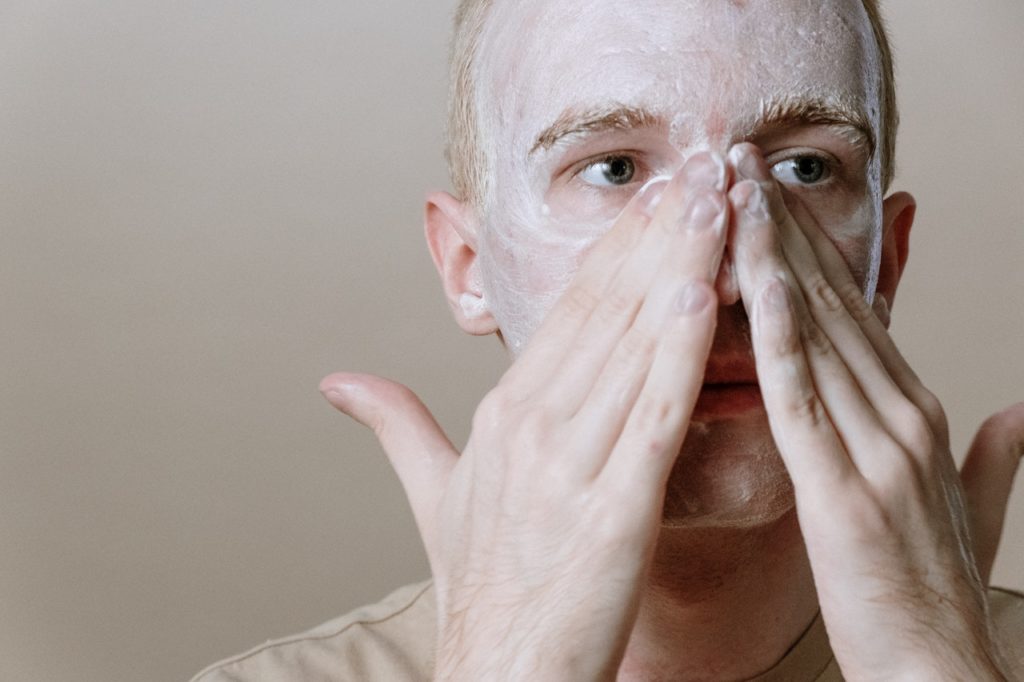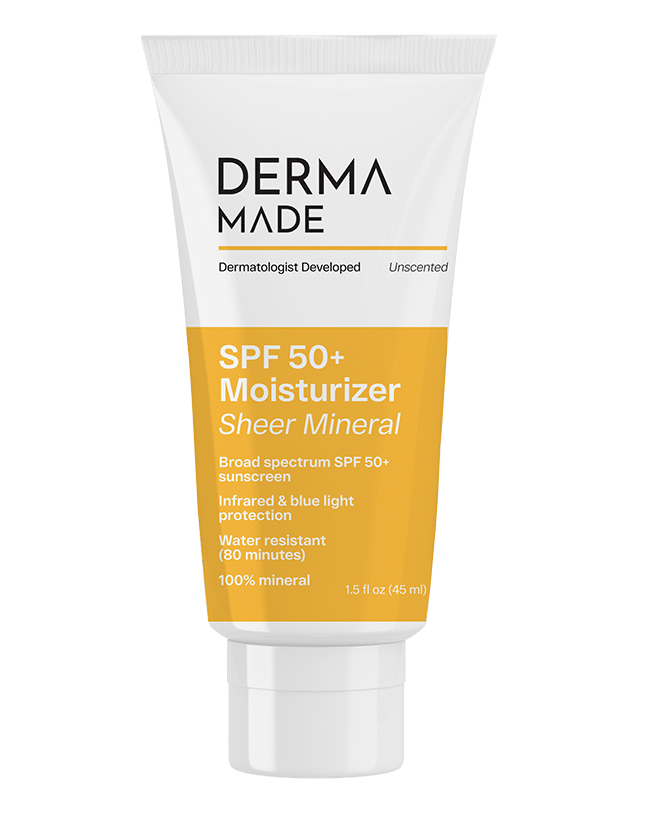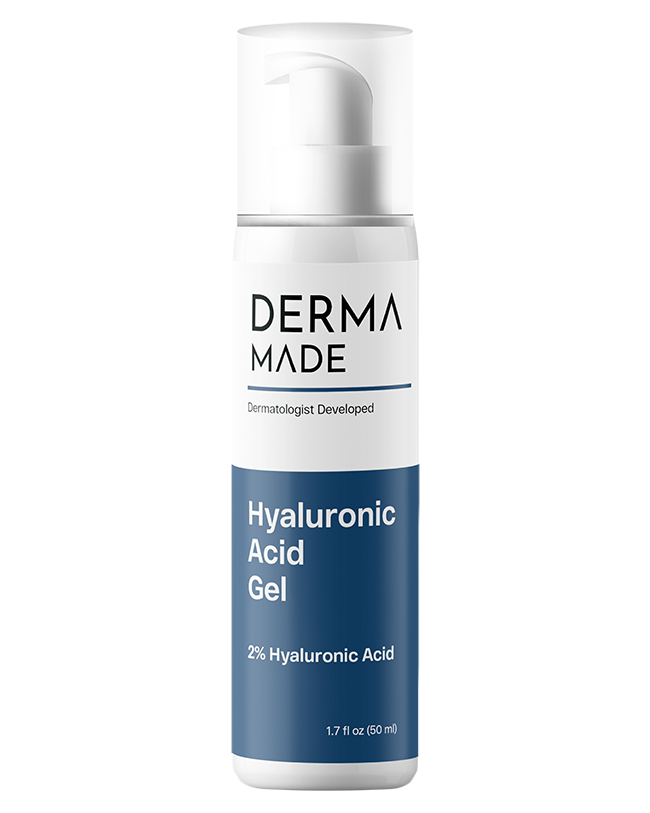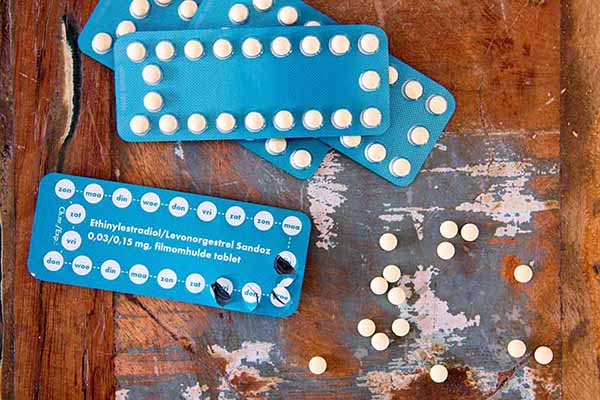Have you ever seen someone and thought to yourself, “Wow, they have great skin?” The truth is, when it comes to having clear, healthy, and radiant skin – it often comes down to not just genetics, but the skincare routine you use.
More importantly, it is the quality of the skincare products you apply to your face that can mean the difference between having young looking skin versus having skin that is heavily irritated or dry. In this article, we’ll explore the important components of a good skincare routine, what works, and why following best skincare practices can help you protect your skin and your health.
Why Do You Need a Skin Care Routine
Great question! When it comes to skin care, there are three main benefits of having a customized skin care routine that you can follow:
- Enhances your skin health. Your skin is the largest organ of the body and it is your barrier to help protect you from the outside world. So, it’s only natural that you want to protect and nourish your first line of defense. An effective skincare routine will remove dirt, unclog pores, remove dead skin cells, and help you keep your skin radiant and well nourished.
- Helps to prevent signs of aging. As you age, you don’t produce skin cells as quickly, which leaves your skin looking dull and less bright. However, when you remove dead skin cells, you stimulate your skin to produce newer, younger looking skin cells. Also, adding an exfoliant to your skin care routine – a few times a week – helps to accelerate skin rejuvenation.
- Improves confidence and self esteem. Our skin often impacts how we feel about our appearance and ourselves. Researchers have found that 96% of women would not use the word beautiful to describe themselves. As a result, one key benefit of a high quality skincare routine is that it can help to even your skin tone, reduce skin issues, and give you more confidence about how you look.
How to Build the Best Skincare Routine For You

The most important part of building a skincare routine that will help you achieve the visible results that you want without aging or damaging your skin, is knowing your skin type.
There are four skin types: normal, oily, dry, and combination. When you know your unique skin type, then you can make informed decisions about which products to use, when to use them, and how to use them to keep your skin healthy and nourished.
In this article, you’ll have a complete guide to follow to ensure that you understand the right order of skincare steps to build into your skincare routine. You’ll also learn the top three must-have skincare products to include in your morning and nighttime skincare regime.
The Right Order of Skincare Products
Skincare at times can feel a little tricky to figure out on your own. With millions of skincare and beauty products on the market to choose from, it can be hard to know which ones are the right ones to use, and in what order. This step-by-step guide will help you learn how to build a skincare routine that will leave your skin feeling and looking its absolute best.
Here is the recommended order that you should use your skincare products:
Step one: Cleansing. This step always comes first. It is the most important step in the whole skincare routine. Without proper cleansing, other products and treatments will just not penetrate and work well. Moreover, cleansing prevents excess oil production, which can lead to acne and blackheads. Cleansers with active ingredients (like salicylic acid) might be too strong for daily use and cause irritation and dryness of the skin.
How to: Apply a handful of the cleanser to your skin. Gently massage to dissolve makeup & impurities. Finally, wash it off, or wipe it with a wet cloth.
Step Two: Exfoliation. This is typically done just 2-3 nights each week to remove dead skin cells and to unclog your pores to prevent the formation of blackheads and acne. If you have never used chemical exfoliators before – start slowly. If you notice that your skin is easily irritated or feel intense stinging after using it, make sure to read the labels and choose an ultra clean formula.
How to: When using an acid exfoliant be mindful of whether you have sensitive skin. An exfoliant such as glycolic acid which tends to be stronger, will get you quicker results, but may irritate some people. Instead, using a more gentle exfoliant like lactic acid is better for those with sensitive skin.
Step Three: Serums. These powerful formulas contain super-concentrated active ingredients that do much of the work to improve the appearance of our skin. The time of day you use serums is key. For the morning, use a Vitamin C serum that will naturally brighten the skin and provide your skin with all day protection from the sun. For the evening, using a Retinoid serum is good to help reduce the skins of aging such as dark spots, acne, wrinkles, and fine lines on the forehead as well as around your mouth and eyes.
How to: Apply product to the face and neck – with your fingers, or drop directly on the skin. Gently massage it in. Let it absorb and continue with your skincare routine.
Step Four: Daily Moisturizer. Your skin acts as your body’s first and last line of defense from the outside world. So, keeping your skin hydrated is important to prevent your skin from drying out and cracking. Moisturizers work as a barrier, protecting our skin from environmental damage and preventing the skin from becoming too dry or too oily. Likewise, if you want a more targeted moisturizer, you can use various eye creams that are enhanced with ingredients to help you tackle eye bags, dark circles, and crows’ feet.
How to: A good skincare routine, incorporates the use of daily moisturizers twice a day. Apply a light layer of moisturizer after your serums on the face and neck.
Step Five: Sun Protection Factor or SPF. With the number of skin diseases and disorders on the rise, it’s essential to think about how you can protect your skin from sun damage. Studies show that 80% of age signs are related to prolonged exposure to the sun which inevitably can lead to severe sun damage over time. Using sunscreens help to prevent dark spots, hyperpigmentation, and premature aging – all of which are accelerated by being in the sun without proper skin protection. Skincare experts highly recommend using a mineral-based sunscreen because it is safer for your skin and the environment.
How to: Put SPF on your face and neck as the last step of your routine in the morning to give your skin the extra layer it needs to block the sun’s harmful UV rays.
What’s a Good Morning Skincare Routine?
To get the greatest skin transformation and best skin health, you want to have a skincare routine that you use every morning, before you leave the house. Here’s what you want to include:
- Daily Cleanser – Be sure to wash your face to remove dirt and dead skin cells from your pores. A good cleanser prepares your skin for the next product so it can penetrate and work even better. It also helps to keep your pores from being enlarged.
- Vitamin C Serum – An antioxidant like Vitamin C will protect you from sun damage that causes dark spots and pigmentation. Plus, it will boost collagen. You’ll want to use this after you wash your face.
- SPF Moisturizer – SPF is a must every single day, whether you plan on going outside, or not. It is your most powerful weapon against premature aging because the sun causes 80% of all signs of aging. Be sure that the SPF you use is a broad spectrum SPF 30 or up.
What’s a Good Evening Skincare Routine?
This is a step that most people forget, but it’s so important not to go to bed without properly washing your face. As you’ve gone about your day, you have accumulated dirt, grim, sweat – all types of things on your face and in your pores. So, taking 5 minutes every evening to wash these things away and clean your pores is a critical part of maintaining your skin’s health.
- Oil Cleanser – This helps to remove makeup and cleanse your face without causing irritation. Don’t forget, sleeping with makeup on is a no-no!
- Fruit acid peel – You’ll want to exfoliate 3-4x a week using either a glycolic or a lactic acid peel. When you exfoliate, you remove the top layer of skin that carries the most damage and signs of aging. Plus, exfoliating helps you to reduce the visibility of age and dark spots to give you a more even skin tone.
- Moisturizer with Hyaluronic Acid – Your skin must be hydrated and moisturized to stay healthy. By adding a moisturizer with hyaluronic acid, not only will you give your skin the nutrients it needs, but you can also soothe wrinkles and crepiness. Plus, as an oil-free moisturizer, it’s great for people with oily or combination skin.
Takeaway
There you have it! There’s a lot of information to absorb in this article, but what’s important to remember is that your skin must be kept clean, moisturized and protected every day. When you follow a daily skincare routine, you’re able to ensure that your skin keeps looking young, healthy, and bright – no matter your age.








